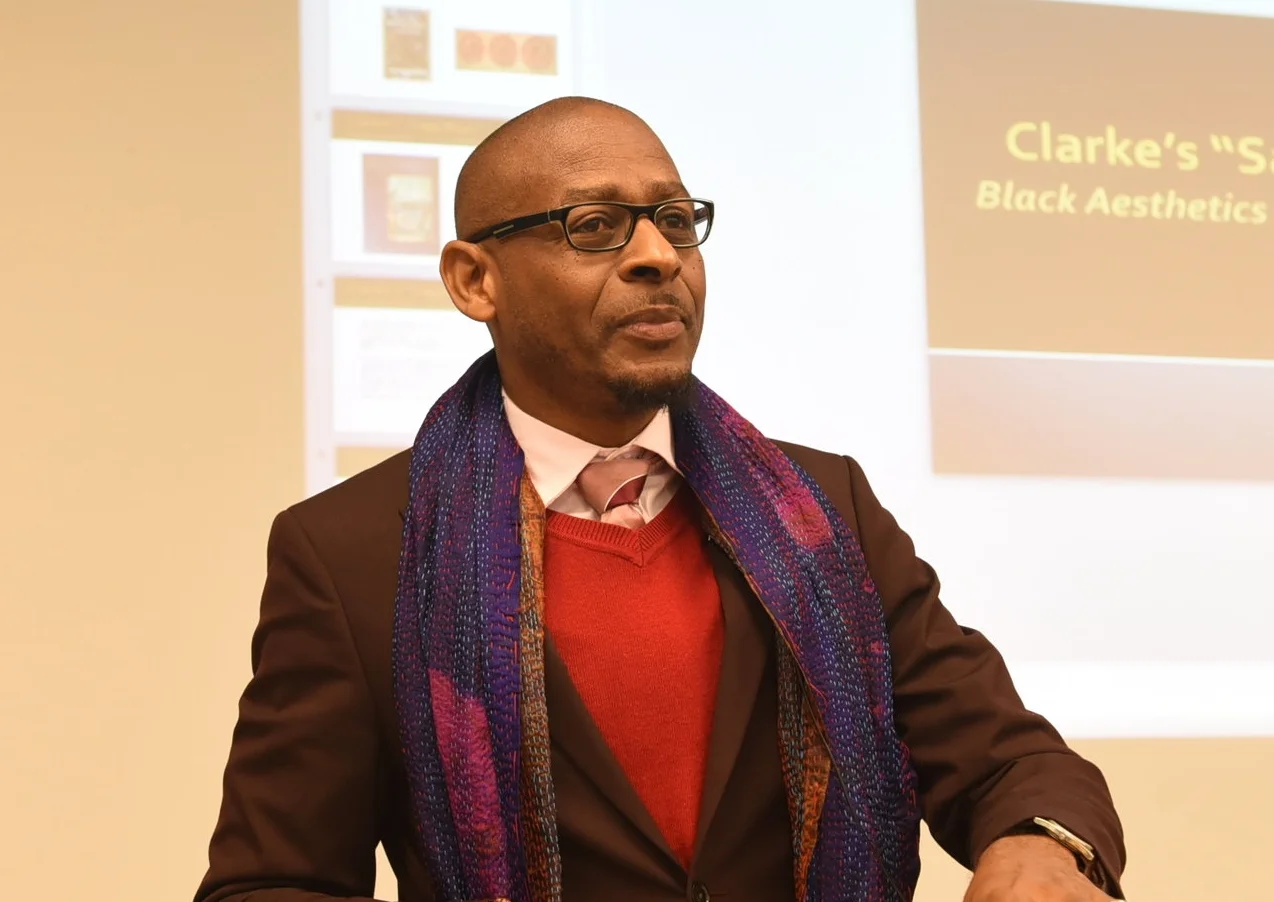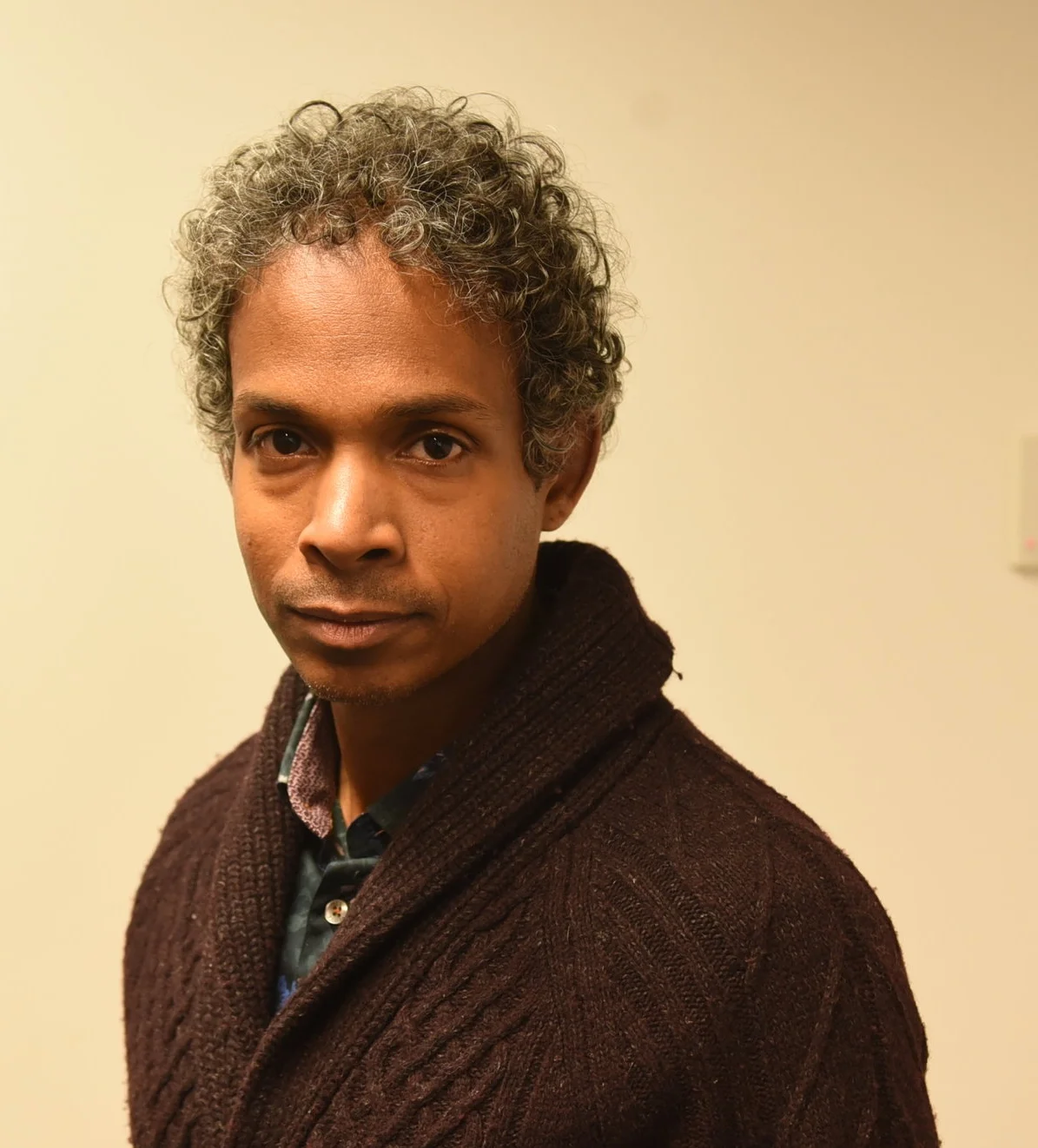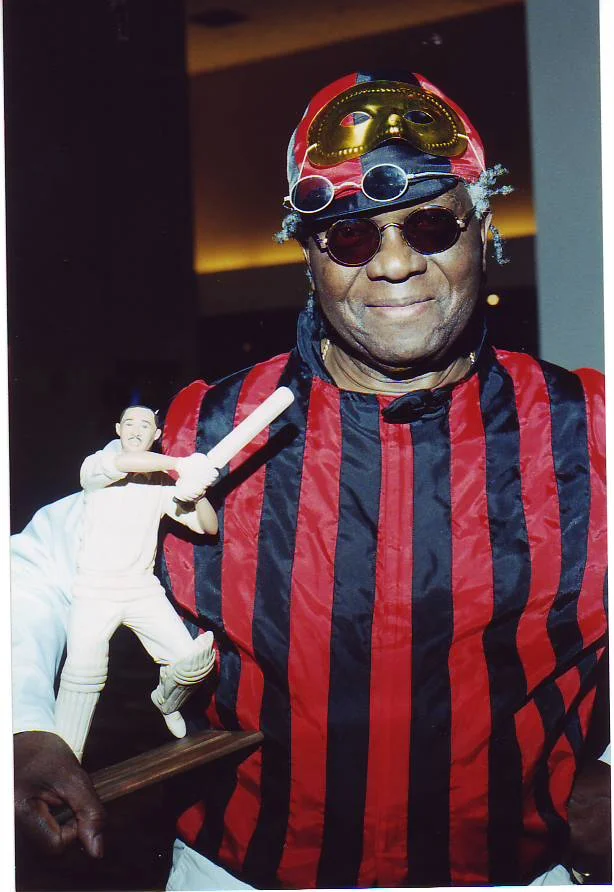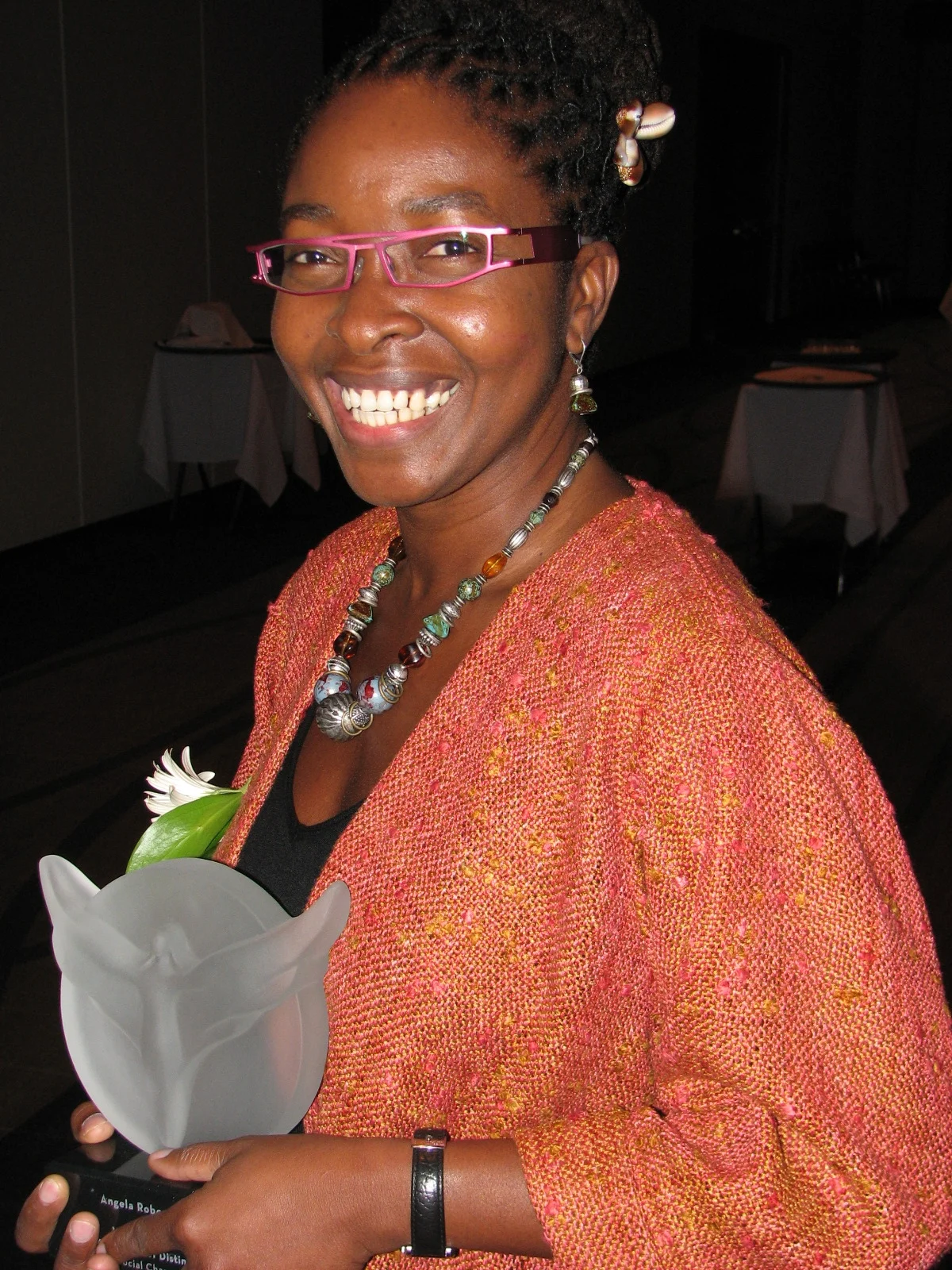Authors celebrate Austin Clarke's legacy
November 30, 2017
They met for the first time 25 years ago when University of the West Indies (UWI) professor Dr. Michael Bucknor was co-opted into assisting with the Association of Commonwealth Literature & Language Studies conference in Jamaica that the late Austin Clarke attended.
A friendship developed a few years later after Bucknor -- then a graduate student at the University of Western Ontario – organized a reading series, ‘Other Voices’, for the Black Students Association and Clarke was invited to be a presenter.
On Clarke’s last visit to Jamaica in 2002, Bucknor was designated to host the guest who was a visiting writer at the UWI Mona campus.
The last occasion they spent quality time together was six years ago when Bucknor was in Toronto and he interviewed Clarke for eight hours over two days.
Bucknor, who has researched Clarke and is working on a book-length manuscript titled ‘Transnational Circuits of Cultural Production: Austin Clarke, Caribbean-Canadian Writing & the African Diaspora’, was back in Toronto recently to deliver the keynote lecture at a two-day conference to celebrate Clarke’s legacy.
In recognition of the anniversary of the 150th anniversary of Canada’s confederation, York University’s department of humanities in the Faculty of Liberal Arts & Professional Studies and the Women & Gender Studies Institute at the University of Toronto (U of T) organized the event.
The title of Bucknor’s presentation was ‘Clarke’s Saga Boys: Black Aesthetics as Epistemology’.
He said that Clarke, through his collection of stories ‘Nine Men Who Laughed’, and Jamaican visual artist Ebony Patterson, through her ‘Gangstas for Life’ series that explores conceptions of masculinity within dancehall culture, inspire an investigation in the way in which the Black dandy is an index of Black aesthetics as epistemology.
In his introduction to ‘Nine Men Who Laughed’, Bucknor pointed out that Clarke articulates the concept of a Black aesthetics as a ‘re-appraisal of the definition that others have used to portray so-called immigrants, Black people in White metropolitan centres’.
“Several of the stories feature male characters who re-fashion themselves in the guise of the Black dandy, what Trinidadians call a saga boy, as a way of renovating the threadbare masculinities assigned to Black men often produced from a matrix of race, class, gender and sexual stereotypes,” said Bucknor who heads the UWI Mona campus department of Literatures in English and is the public orator. “Patterson’s ‘Gangstas for Life’ series has also been read as a contemporary revival of Belisario: Sketches of Character (Jackie Ranston’s historical biography of a Jamaican artist), especially the ‘Actor Boy’ series in which the main figures were cross-dressing in flambouyant sequined and feathered male/female costumes and the male sartorial style of the iconic rude boy of the film, ‘The Harder They Come’.
“That dialogue between Clarke’s Black male dandy of the post-1960s Toronto in his short stories and Patterson’s visualizations of contemporary dancehall dandies in Kingston, I argue that Afro-Caribbean invocations of the Black dandy are more than a fashion statement. It is an epistemological stance. I am deliberately tracing a connection between dancehall dandies and Clarke’s saga boys in order to first show the legacy of Clarke’s work in respect to Black epistemological thought as well as to indicate the trans-historical reach of the unfinished re-humanization project for Black subjectivities.”
In addition to Clarke, Bucknor dedicated his talk to U of T professor Dr. Rinaldo Walcott who was a close friend of Clarke and Dr. Daniel Coleman, the chair of English & Cultural Studies at McMaster University, whose work on Clarke in the form of a chapter of his doctoral thesis was the first critical engagement that seduced Bucknor to read and research Clarke.
Two years ago, Bucknor – in a lecture at McMaster – worked with papers from the Austin Clarke archives at the university and the Canadian Broadcasting Corporation (CBC) archives to show how Clarke was not only central to the circle of London-based West Indian writers who have been heralded as the founders of Caribbean Literature in the 1950s and 1960s, but that he also created significant opportunities for them to publish and circulate their work through his Canadian networks.
Bucknor, who co-edited with Alison Donnell ‘The Routledge Companion to Anglophone Caribbean Literature’ and holds a Master’s and PhD from the University of Western Ontario, said he was humbled to be part of the two-day conference to pay tribute to Clarke.
“This occasion reminds me of the first Austin Clarke conference in 2000 when Leslie Sanders (a professor in York University’s humanities department) and Rinaldo Walcott also invited me to participate and I remember meeting the young David Chariandy (award-winning writer) who was just completing graduate school and so many others who came to celebrate Austin’s work,” he added. “I remember how honoured Austin felt by that conference.”
The first day of the conference to celebrate Clarke’s life featured an author’s roundtable with Chariandy who is an associate professor at Simon Fraser University, Cecil Foster who chairs the department of Transnational Studies at the University of Buffalo, Rod Michalko who is a lecturer emeritus at the U of T’s Ontario Institute for Studies in Education and Sonnet L’Abbe who is a creative writing & journalism professor at Vancouver Island University.
Leaving Barbados 62 years ago to attend the U of T, Clarke graduated in 1959 and was a reporter in Timmins and Kirkland Lake before joining the Canadian Broadcasting Corporation as a freelance producer and broadcaster. It was while working in the Canadian media that he wrote his first novel, ‘The Survivors of the Crossing’, which was released in 1964.
Clarke went on to become a pioneering instructor of Afro-American Literature at Yale University and inspired a new generation of Afro-American writers.
He also served as Barbados’ cultural and press attaché in Washington, an adviser to late Prime Minister Errol Barrow and general manager of the Caribbean Broadcasting Corporation in Barbados before returning to Canada in 1976 and unsuccessfully seeking, a few months later, the nomination in Oakwood riding for the provincial Conservative Party.
Clarke authored 11 novels, three of which won prizes, short story collections, books of poetry and memoirs.
In his last publication, ‘Membering’, released in 2014, Clarke shared his own experiences growing up in Barbados and moving to Toronto to attend university before becoming a journalist. With vivid realism, he describes 1960s Harlem, meeting and interviewing Malcolm X and writers Chinua Achebe and LeRoi Jones.
Eschewing a traditional chronological order of events, he takes the reader on a lyrical tour of his extraordinary life, interspersed with thought-provoking meditations on politics and race.
Clarke died in June 2016 at age 81 after a prolonged illness.






